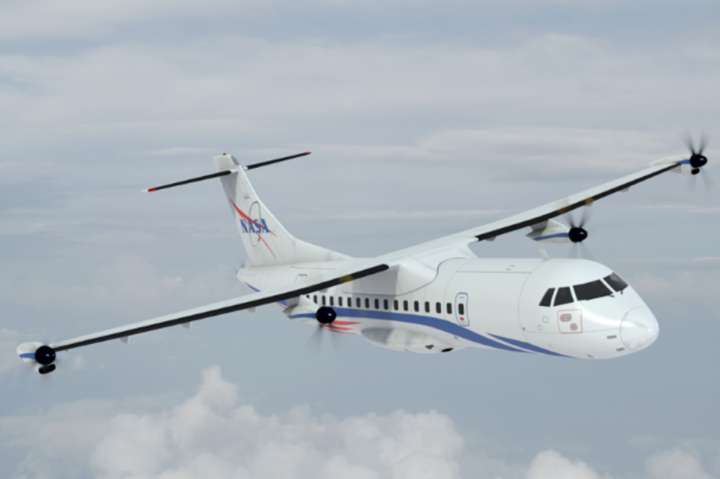NASA selects two companies to develop propulsion technology
GE Aviation and MagniX USA will develop projects on electrified aircraft propulsion, which NASA seeks to introduce to U.S. aviation fleets no later than 2035.
NASA (Washington D.C., U.S.) has selected two U.S. companies to support its electric powertrain flight demonstration project (EPFD), which the company claims will rapidly mature electrified aircraft propulsion (EAP) technologies through ground and flight demonstrations.
Through the EPFD program, NASA seeks to introduce EAP technologies to U.S. aviation fleets no later than 2035, supporting short-range and regional commercial air travel, as well as single-aisle seat transports.
The awards under the EPFD project include a combined value of $253.4 million, and the work will be conducted over the next five years. The companies that received awards and their award values are:
- GE Aviation (Cincinnati, Ohio, U.S.), $179 million.
- MagniX USA Inc. (Redmond, Wash., U.S.), $74.3million.
The companies will conduct ground and flight test demonstrations of their EAP technologies applicable to commercial aircraft transports. GE Aviation and MagniX will also collaborate with other NASA projects on EAP development, flight test instrumentation and data analysis, as well as stimulate spiral developments of megawatt-class EAP systems and technology.
Gaudy Bezos-O’Connor, EPFD’s project manager at NASA’s Langley Research Center (Hampton, Va., U.S.), says, “These demonstrations will identify and retire technical barriers and integration risks. It will also help inform the development of standards and regulations for future EAP systems.”
The EPFD project is a part of NASA’s Integrated Aviation Systems Program (IASP) which conducts flight-oriented, system-level research and technology development to mature and transition advanced aeronautic technologies into future air vehicles and operational systems. According to NASA, IASP focuses on the execution of highly complex flight tests and related experiments to support all phases of the company’s aeronautics research.
Related Content
-
PEEK vs. PEKK vs. PAEK and continuous compression molding
Suppliers of thermoplastics and carbon fiber chime in regarding PEEK vs. PEKK, and now PAEK, as well as in-situ consolidation — the supply chain for thermoplastic tape composites continues to evolve.
-
Plant tour: Albany Engineered Composites, Rochester, N.H., U.S.
Efficient, high-quality, well-controlled composites manufacturing at volume is the mantra for this 3D weaving specialist.
-
Combining multifunctional thermoplastic composites, additive manufacturing for next-gen airframe structures
The DOMMINIO project combines AFP with 3D printed gyroid cores, embedded SHM sensors and smart materials for induction-driven disassembly of parts at end of life.

















